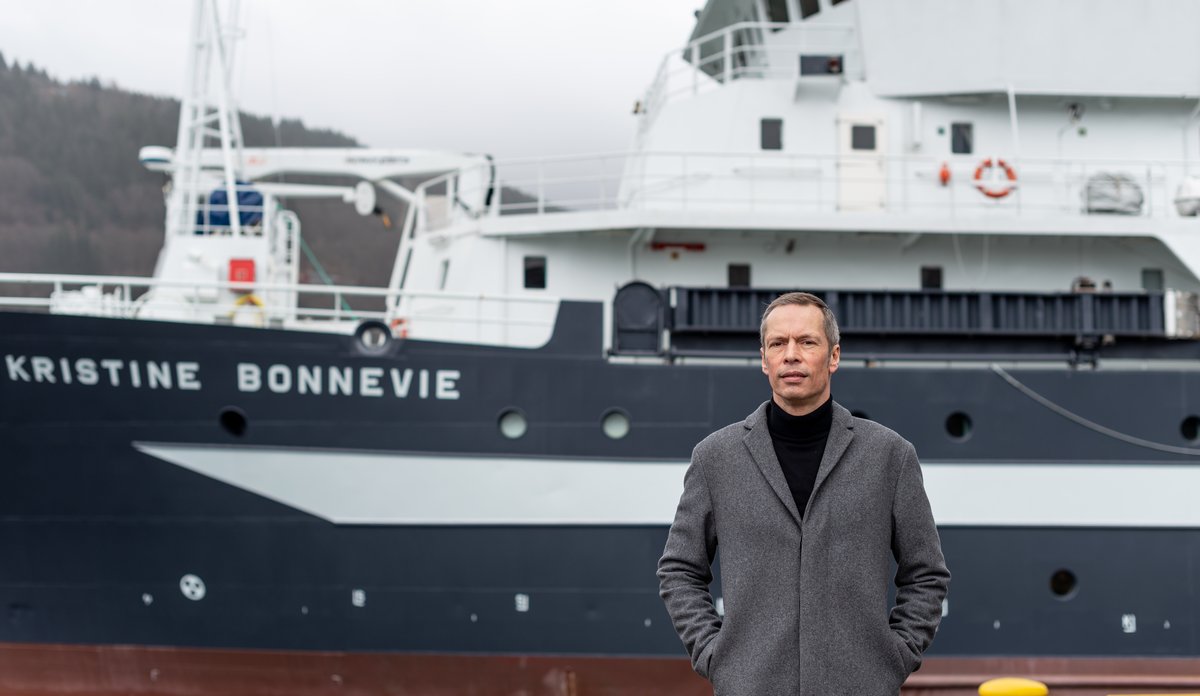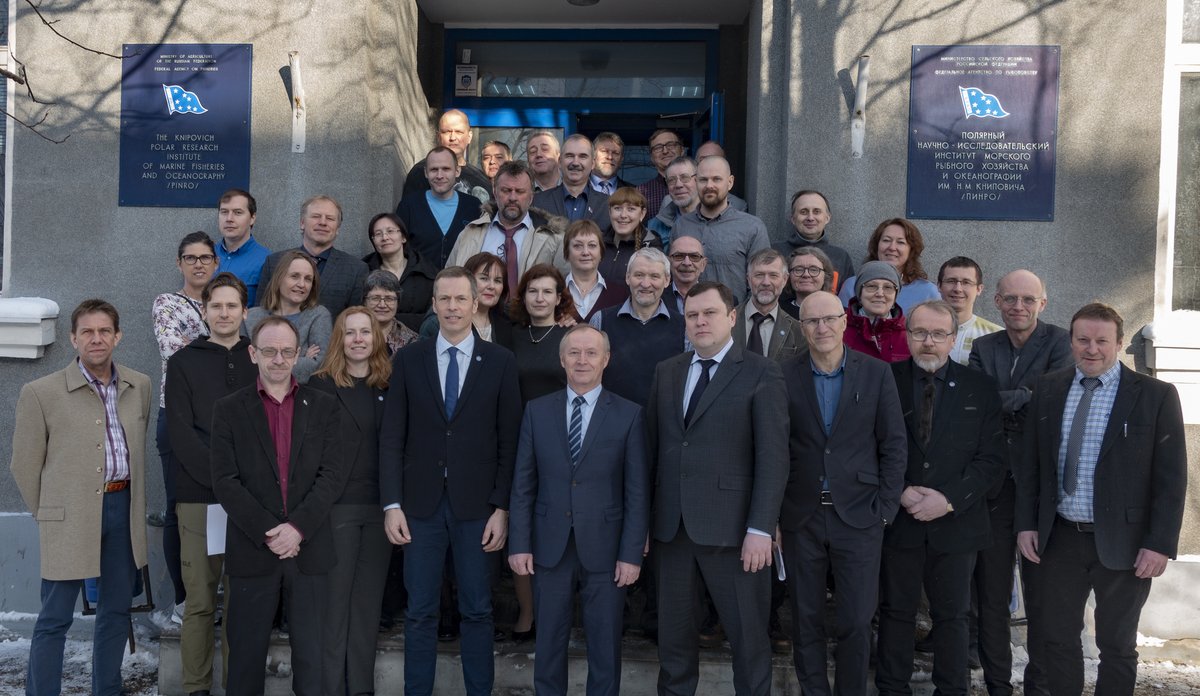– Quota recommendations virtually unaffected

Research Director Geir Huse explains that the process of drawing up the quota recommendation has proceeded almost as normal.
Photo: Christine Fagerbakke/IMRPublished: 06.09.2022
In March 2022, the International Council for the Seas (ICES) suspended all Russian participants from all ICES-meetings, effective from Wednesday, 30 March.
The quota recommendations for the fish stocks in the Barents Sea are usually done within the framework of ICES.
Since Norway has exempted the Norwegian-Russian fisheries cooperation from the sanctions against Russia, it was up to the Institute of Marine Research (IMR) and their Russian scientific counterparts to come up with a new process for the quota recommendation, outside the fold of ICES.
“And we have now managed to do that”, says Geir Huse, a Research Director at the IMR.
“It has obviously been unusual, and the backdrop to the current situation is very sad. But we have tried to follow the normal recipe, in so far as possible. That means using the same research-based methodology as in previous years”, explains Huse.
Long history of cooperation
Norwegian and Russian marine scientists have been cooperating closely for many decades.
They have shared research data, travelled on surveys together and agreed quota recommendations for the Barents Sea.
Since 1958, researchers from the two countries have met regularly to discuss technical matters and to plan joint expeditions, conferences and meetings. In 1965, they carried out their first joint expedition.

One of the things that Norwegian and Russian scientists cooperate on these days is the world’s most comprehensive ecosystem survey.
Data from that survey form the basis for recommendations on quotas and holistic management of the Barents Sea.
The IMR’s cooperation with Russia is mainly organised through the northern department of the Russian Federal Research Institute of Fisheries and Oceanography (VNIRO) in Murmansk, which was previously called PINRO.
